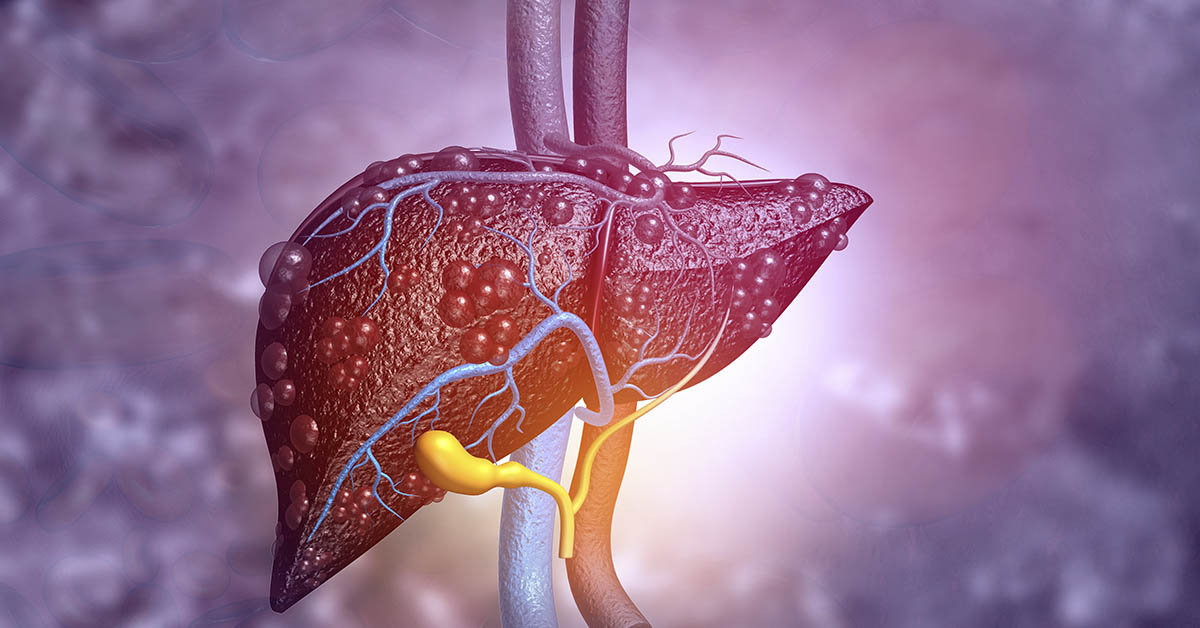The liver is a vital organ in the human body that performs numerous functions necessary for overall health. It plays a crucial role in detoxifying harmful substances, producing bile to aid in digestion, storing energy, and metabolizing nutrients. However, liver disease can significantly impact the liver’s ability to perform these functions. This is everything you need to know about liver disease and 10 symptoms that you should never ignore.
Understanding Liver Disease

Liver disease refers to any condition that affects the proper functioning of the liver. It can be caused by a variety of factors, including viral infections (such as hepatitis), excessive alcohol consumption, genetic disorders, autoimmune diseases, and certain medications. The severity of liver disease can range from mild inflammation to life-threatening conditions like cirrhosis or liver cancer. (1) In the early stages of the disease, symptoms may be mild or nonexistent. However, as the disease progresses, symptoms will become more apparent and severe. When the liver isn’t functioning well, it will lose its ability to perform these functions. This will end up negatively affecting other organs in the body, as well. If you have liver disease, it’s important to get treatment as soon as possible. The earlier you start treatment, the better chance you have of preventing further damage to your liver and other organs.
Read More: Signs of Fatty Liver Disease That Show Up in Your Face
The liver is responsible for many vital functions in your body, including:

- Filtering toxins from your blood
- Producing bile to help digest fats
- Storing vitamins and minerals
- Regulating blood sugar levels
- Breaking down hormones such as estrogen and testosterone
- Producing proteins that help blood clotting
All of the Potential Causes of Liver Disease
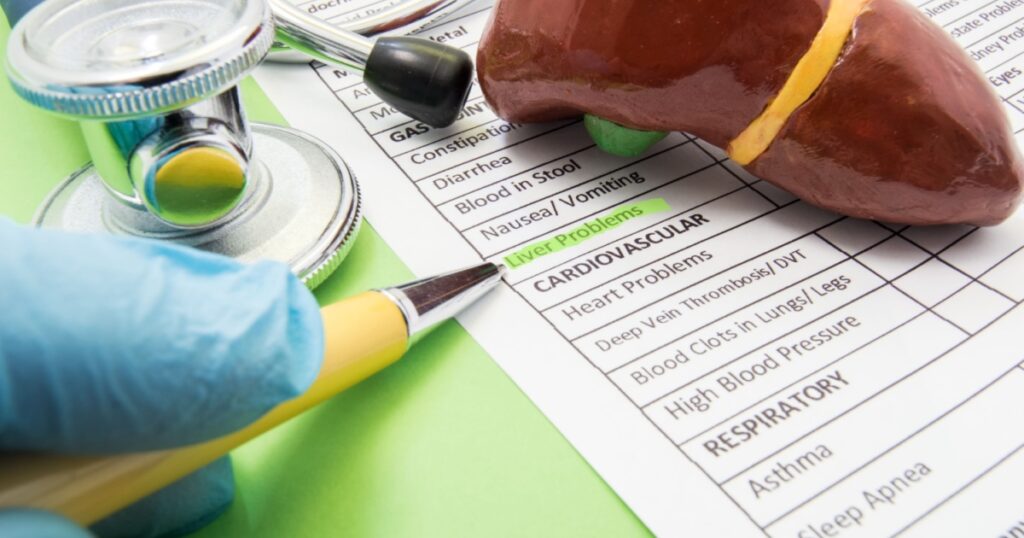
To gain a better understanding of liver disease, it is important to be aware of the numerous potential causes. As mentioned earlier, viral infections like hepatitis A, B, and C can lead to liver damage. Excessive alcohol consumption over a prolonged period can result in alcoholic liver disease. Other causes include non-alcoholic fatty liver disease (NAFLD), which is often associated with obesity and metabolic syndrome, as well as inherited conditions like hemochromatosis and Wilson’s disease.
10 Signs of Liver Disease

One of the tricky parts about liver disease is that it can often be mistaken for other illnesses. Many of the symptoms are nonspecific, meaning that they are present in many other illnesses as well. Knowing the symptoms yourself can help you to better advocate for your own health. These are 10 symptoms that could mean your liver is in trouble. (2)
Read More: Bruise easily? Itchy skin? 5 signs you have liver damage without even knowing it
1. Jaundice
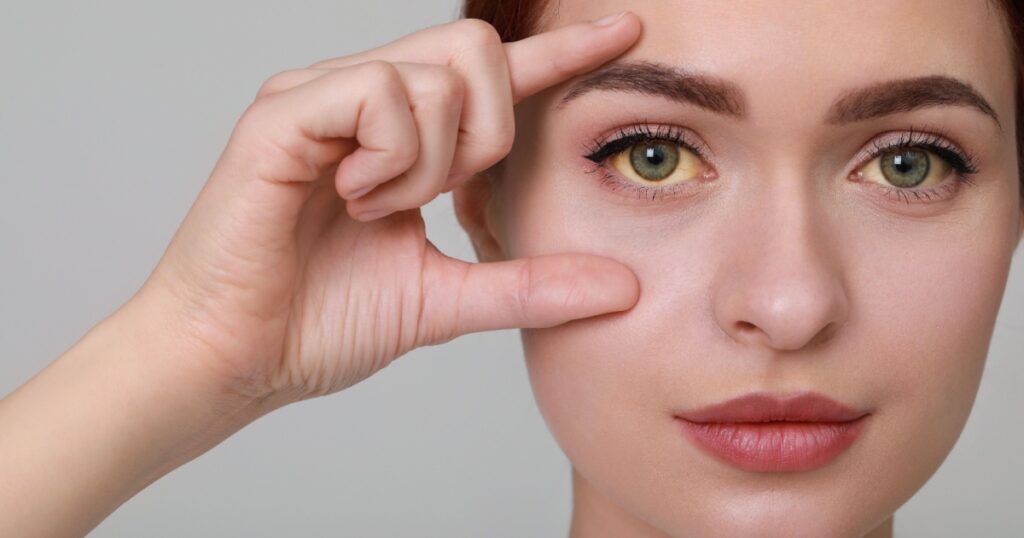
One of the primary signs of liver disease is jaundice, characterized by yellowing of the skin and eyes. It occurs when the liver cannot process bilirubin effectively, leading to its buildup in the bloodstream.
2. Fatigue and Weakness

Liver disease can cause extreme fatigue and weakness due to the liver’s inability to metabolize nutrients and store energy properly. This means that no matter how well you sleep, you will feel lethargic and exhausted.
3. Abdominal Pain and Swelling
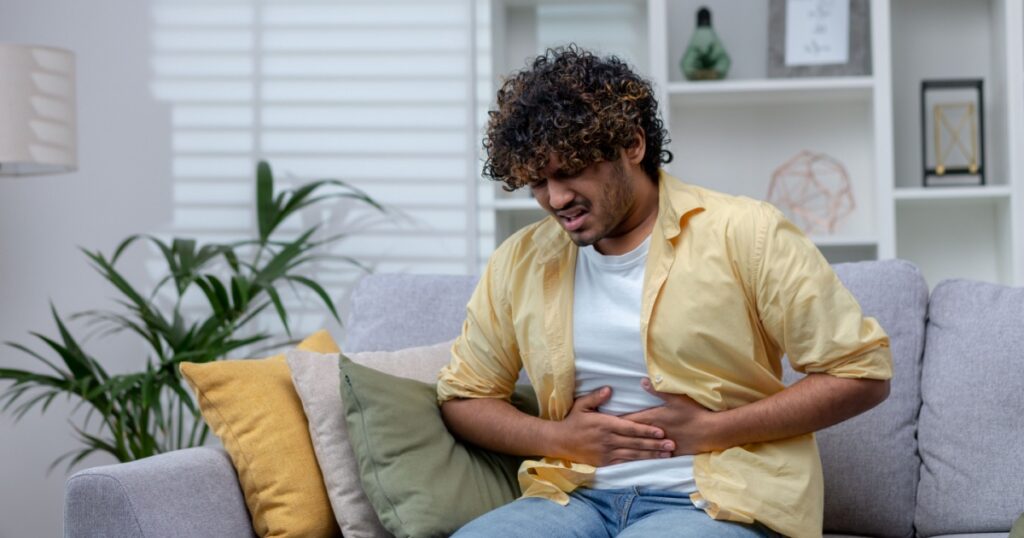
Liver disease often causes pain and swelling in the abdomen. This can be due to the accumulation of fluid, known as ascites, as well as liver inflammation.
4. Nausea and Vomiting

Individuals with liver disease may experience persistent nausea and vomiting, which can be a result of impaired digestion and metabolism.
5. Loss of Appetite and Weight Loss

Liver disease can lead to a loss of appetite and unexplained weight loss. This occurs due to altered metabolism and a reduced ability to digest and absorb nutrients.
Read More: 9 Foods That Support Liver Function
6. Changes in Urine and Stool
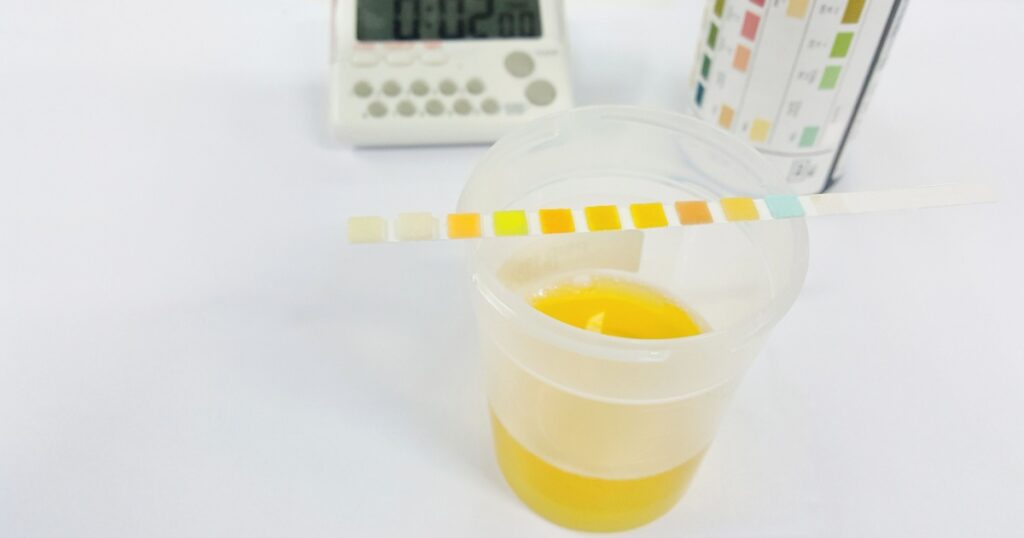
Liver disease can cause changes in urine and stool color. Dark urine and pale stools are common indicators of liver dysfunction.
7. Itchy Skin

Liver disease can cause itchiness and skin rashes. This is often due to the buildup of bile salts in the bloodstream.
8. Easy Bruising and Bleeding

When the liver is not functioning properly, it may fail to produce enough clotting proteins, resulting in easy bruising and prolonged bleeding.
9. Mental Confusion and Cognitive Impairment

In advanced stages of liver disease, toxins can accumulate in the bloodstream and affect brain function, leading to confusion, cognitive impairment, and even coma (known as hepatic encephalopathy).
10. Spider Angiomas and Caput Medusae

These are visible signs of liver disease characterized by the appearance of spider-like blood vessels (spider angiomas) on the skin and enlarged veins across the abdomen (caput medusae).
So You Think You Have Liver Disease: What Happens Next?
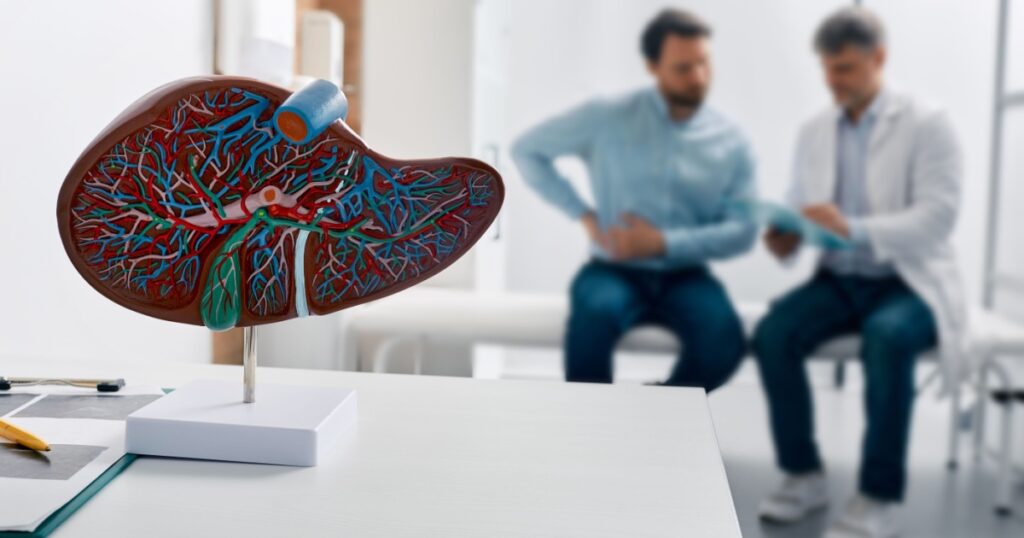
If you suspect you have liver disease based on the signs and symptoms mentioned above, it is crucial to seek medical attention promptly. A healthcare professional will likely perform a physical examination, review your medical history, and order diagnostic tests such as blood tests, imaging studies (like ultrasound or MRI), and liver biopsy to confirm the diagnosis.
Treatment Options
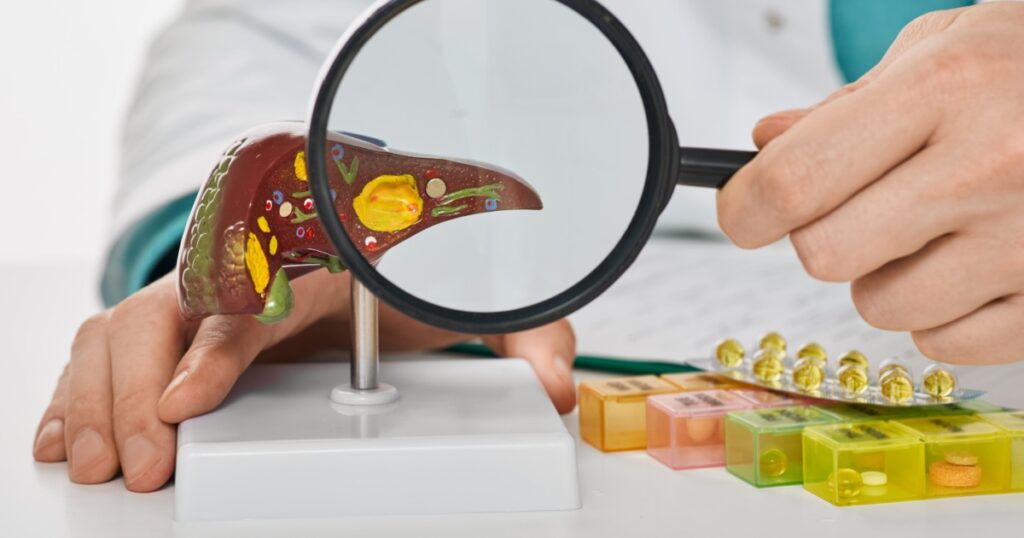
Treatment for liver disease depends on its cause and severity. In some cases, lifestyle modifications such as a healthy diet, weight management, and abstinence from alcohol may be sufficient. Medications can be prescribed to manage underlying conditions like viral infections or autoimmune diseases. In advanced cases, liver transplantation may be necessary. (3)
The Bottom Line

Liver disease is a serious condition that should never be ignored. Recognizing the signs and symptoms associated with liver disease is crucial for early detection and timely medical intervention. By understanding the potential causes, signs, and next steps after suspecting liver disease, individuals can take proactive steps towards diagnosis, treatment, and maintaining liver health.
Read More: 5 Early Signs of Liver Damage You Should Look Out For
Sources
- “Liver Disease.” Cleveland Clinic.
- “Liver disease.” NHS
- “What are the Treatment Options for Liver Disease?” Bass Medical Group. September 14, 2022
